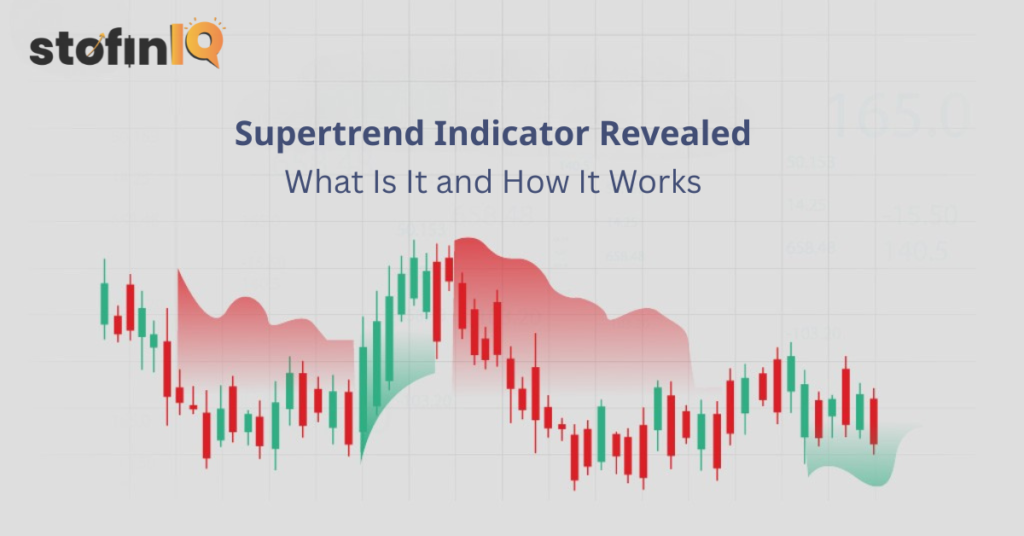Are you thinking about starting your journey in commodity trading in India? One of the first things you should look into is the commodity Trading time in India. Timing is everything in trading, and being informed about the commodity trading hours in India can make a big difference in your trading results. Whether you’re just starting out with gold, crude oil, or agricultural products such as soybeans, or you’re a seasoned trader fine-tuning your strategy, understanding the market hours is essential. This article will help you navigate the best times for commodity trading in India.
Table of Contents
ToggleWhat Is Commodity Trading?
Before we discuss commodity trading time in India, let’s start with the basics. Commodity trading is about buying and selling raw materials or primary goods. This includes metals like gold and silver, energy sources like crude oil, and agricultural products like wheat and cotton. In India, people trade commodities on exchanges like the Multi Commodity Exchange (MCX) and the National Commodity and Derivatives Exchange (NCDEX). This trading environment is fast and exciting, with prices changing based on global demand, weather conditions, geopolitical events, etc. However, commodity trading has its unique schedule that is different from stock trading. Let’s look into that further.
Commodity Trading Time in India: The Basics
In India, commodity markets don’t follow the typical 9-to-5 workday. The commodity trading time in India is designed to align with both domestic needs and global markets since commodities are traded worldwide. Here’s the rundown:
- Trading Hours on MCX: The Multi Commodity Exchange, India’s biggest commodity platform, operates from 9:00 AM to 11:30 PM IST (Indian Standard Time), Monday through Friday. However, there’s a slight tweak for agricultural commodities—they usually close earlier, around 5:00 PM IST. Why the difference? Agri commodities are more tied to local supply chains, while metals and energy sync with international markets like London and New York.
- NCDEX Hours: The National Commodity and Derivatives Exchange, which focuses heavily on agricultural goods, runs from 9:00 AM to 5:00 PM IST. It’s shorter because it caters primarily to India’s farming ecosystem.
- Special Sessions: On rare occasions, like during global events or exchange-specific announcements, trading hours might shift slightly. Always check the exchange’s official website for updates.
So, if you’re planning to trade gold futures on MCX, you’ve got a long window—9 AM to 11:30 PM—to make your moves. But if you’re eyeing something like chana (gram) on NCDEX, your day wraps up by 5 PM. Knowing these hours is key to catching the right opportunities.
Why Does Commodity Trading Time in India Matter?
You might be curious, “What’s the significance of trading hours?” In India, the trading hours for commodities are essential as they reveal when market activity peaks, which in turn affects price dynamics. Let’s break it down:
- Morning Hours (9:00 AM – 12:00 PM): This is when domestic traders start their day, resulting in a flurry of activity, especially in agricultural commodities, as farmers and local enterprises participate.
- Afternoon (12:00 PM – 5:00 PM): Although the activity may taper off, this timeframe is still crucial for NCDEX traders.
- Evening (5:00 PM – 11:30 PM): The MCX becomes influenced by global markets, particularly those in the US and Europe, leading to notable price changes in metals and energy commodities due to international news.
By strategically timing your trades around these hours, you can leverage price fluctuations and avoid unexpected drops.
A Quick Look at Key Commodities and Their Peak Times

Not all commodities follow the same rhythm. Here’s a cheat sheet:
- Gold and Silver: Most active in the evening when global markets overlap with India’s trading hours.
- Crude Oil: Picks up steam post-5 PM IST as US markets open.
- Agricultural Goods: Buzz in the morning and early afternoon, tied to local supply updates.
Mastering the commodity trading time in India means knowing when your chosen commodity is most likely to move—and being ready to act.
Holidays and Breaks: Plan Ahead!
The commodity market isn’t open 24/7. It shuts down on weekends (Saturday and Sunday) and follows a holiday calendar set by the exchanges. Major holidays like Diwali, Republic Day, and Independence Day mean no trading—so keep an eye on the MCX or NCDEX holiday list to avoid surprises.
Tips to Make the Most of Commodity Trading Time in India
Ready to jump in? Here’s how to use the commodity trading time in India to your advantage:
Start Small: If you’re new, stick to morning hours when volatility is lower and you can get a feel for the market.
Stay Updated: Global news can hit late in the day—set alerts for events that might shake up prices.
Use Technology: Trading apps and platforms let you track prices in real-time, no matter the hour.
Know Your Commodity: Match your trading schedule to your commodity’s peak activity.
Why India’s Commodity Market Is Unique
India’s commodity trading scene stands out because it balances local needs—like agriculture—with global trends—like energy and metals. The commodity trading time in India reflects this duality, giving traders a long window to tap into both worlds. Plus, with growing interest in futures and options, it’s an exciting time to get involved.
Wrapping Up: Time It Right, Trade It Smart
The commodity trading time in India isn’t just a schedule—it’s your roadmap to navigating this dynamic market. Whether you’re chasing gold’s evening highs or catching soybean’s morning buzz, understanding these hours can give you an edge. So, grab a cup of chai, set your clock, and dive into the world of commodities. Happy trading!

